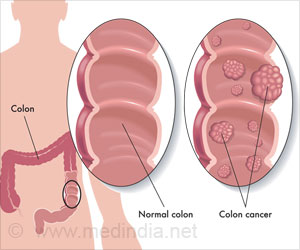Physicians at Wake Forest University Baptist Medical Center have developed new techniques that assist in the easy diagnosis of rare cancers. They published the results of their study in the American Journal of Surgical Pathology. Robert F. Bradley, M.D said that tumors of the appendix that have metastasized through the abdominal cavity are all referred to as cancer. Bradley, a pathology resident, and colleagues studied 101 patients with pseudomyxoma peritonei, a rare form of cancer of the lining of the abdominal cavity. The cancer produces mucin, a jelly-like substance begins in the appendix or colon and spreads to the abdominal lining.
Wake Forest is one of a few centers in the country that offers surgery to remove the tumor and then infusion of heated chemotherapy drugs into the abdominal cavity. This type of cancer is rare and the treatment includes removal of appendices. After this the sections of the tumor are studied and classified it into three general categories: high-grade cancer, low-grade cancer, and benign. But patients in all the three groups are subjected to the same treatment. The classification is mainly to indicate the type of response generated by the patient. Patients from 1993 to 2005 were treated and found one-year, three-year and five-year survival rates were not significantly different for patients in the low-grade cancer and benign categories.But those in the high-grade category had significantly worse survival. It is seen that there is no separate benign category but physicians should expect it to behave like low-grade cancer. If it is properly treated then it has a favorable prognosis. In conclusion he said that surgery plus abdominal chemotherapy known as intraperitoneal hyperthermic chemotherapy (IPHC) together is used in the treatment of tumors that had spread from the appendix, small bowels, ovaries, colon, rectum and stomach has improved the overall survival and quality of life.





